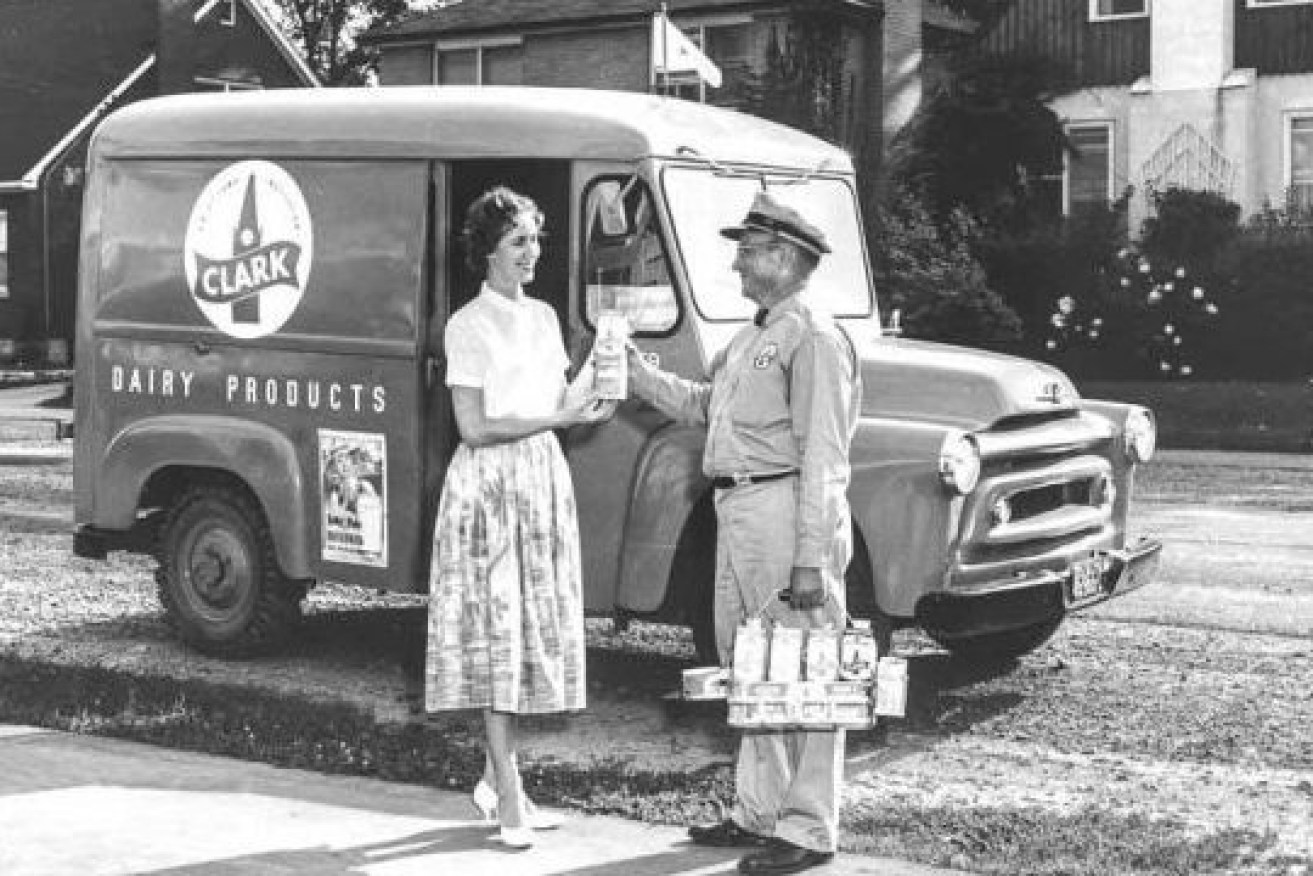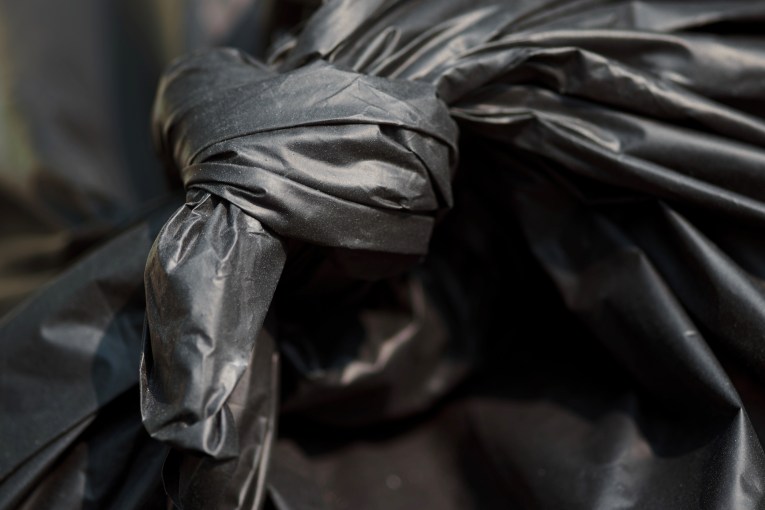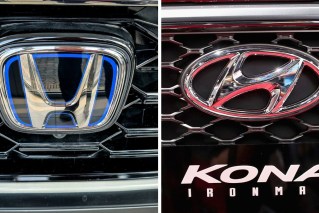With calls for the return of glass milk bottles, could the milkman make a comeback?

Milkmen were once a regular sight in neighbourhoods across the western world. Photo: Flickr
Ray Thomas was his town’s last remaining milkman when he gave up his delivery run in 2011.
He loved his job and the people he got to meet.
“There was an old lady who would go to sleep in the chair and if the light was on I had to knock on the door and wake her up so she could go to bed,” he said.
“Other customers you would even go into their house and put the milk in the fridge for them – they would leave the back door open.”
Mr Thomas said as people increasingly bought their milk in supermarkets and corner stores, his business in Colac, in south-west Victoria, eventually became unviable.
But some in the dairy industry believe a push towards reusable bottles could see the milkman make a comeback.

Ray Thomas delivered milk in Colac for 16 years. Photo: Dominic Cansdale
Bid to reduce plastic waste
On Wednesday a Victorian parliamentary inquiry report into waste recommended the state government require supermarkets to reduce single-use plastics.
“Such arrangements may include, but not be limited to, consumers bringing their own containers to stores to purchase deli products, and/or the reintroduction of washable and reusable milk bottles,” the report stated.
The inquiry was triggered by the state’s recycling crisis that led to some recyclers going bankrupt and some household waste ending up in landfill.
Simon Schulz runs a Victorian dairy company that has already moved to glass bottles with its own container recycling scheme.

Simon Schulz started a recycling scheme for milk bottles sold by his company. Photo: Jess Davis
He said his company had seen high recycling rates from customers.
“The last few months for us has been very close to 100 per cent,” he said.
He believes the Australian milk industry could transition away from using plastic.
“From a production point of view it is easily done. There are very big brands in the US and Europe doing what we do on a fully automated and large scale,” he said.
“So it is not a manufacturing issue.”
Milkmen making a comeback overseas
Mr Schulz said a move back to glass bottles had changed how customers got their milk overseas.
“In London, your dedicated milkman who comes and drops off your four bottles of milk each morning, that is coming back there,” he said.

Customers pay a $2 deposit for Simon Schulz’s glass milk bottles. Photo: Jess Davis
“London and those European cities have a critical mass of people in a concentrated area, Australia less so, but there could be very much the comeback of the milkman here in Victoria.”
He predicted what was most likely in Australia was the growth of milk in glass bottles being delivered to people’s homes, along with other groceries.
For Mr Thomas, the idea of the milkman making a comeback is exciting, but he believes the job would need to be done differently.
“Certainly there would have to be some kind of refrigeration from your vehicle to sitting it on the verandah or in behind the gate post – there would have to be some sort of refrigeration on the customer side of it,” he said.
Industry says study needed to assess any changes
Dairy Australia’s Ian Olmstead said “reusable milk bottle systems certainly have a place in the market, particularly for smaller boutique processors”.
But he said shifting the mass milk market to reusable bottles is “a very different proposition”.
Mr Olmstead said there would need to be a “whole-of-life cost benefit analysis” that considered landfill outcomes as well as the energy, water and waste requirements for the “collection, transport and cleaning of reusable bottles”.
He said a study would also need to consider “the probable reduction in shelf life” of milk as well as the investment required by processors to reconfigure their entire bottling and logistics operations – costs that he said would likely be passed on through milk prices.








